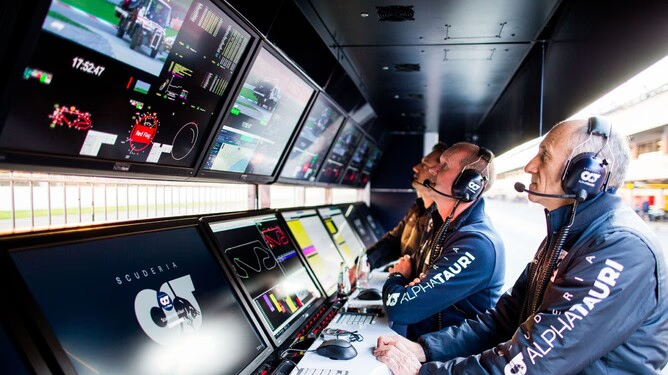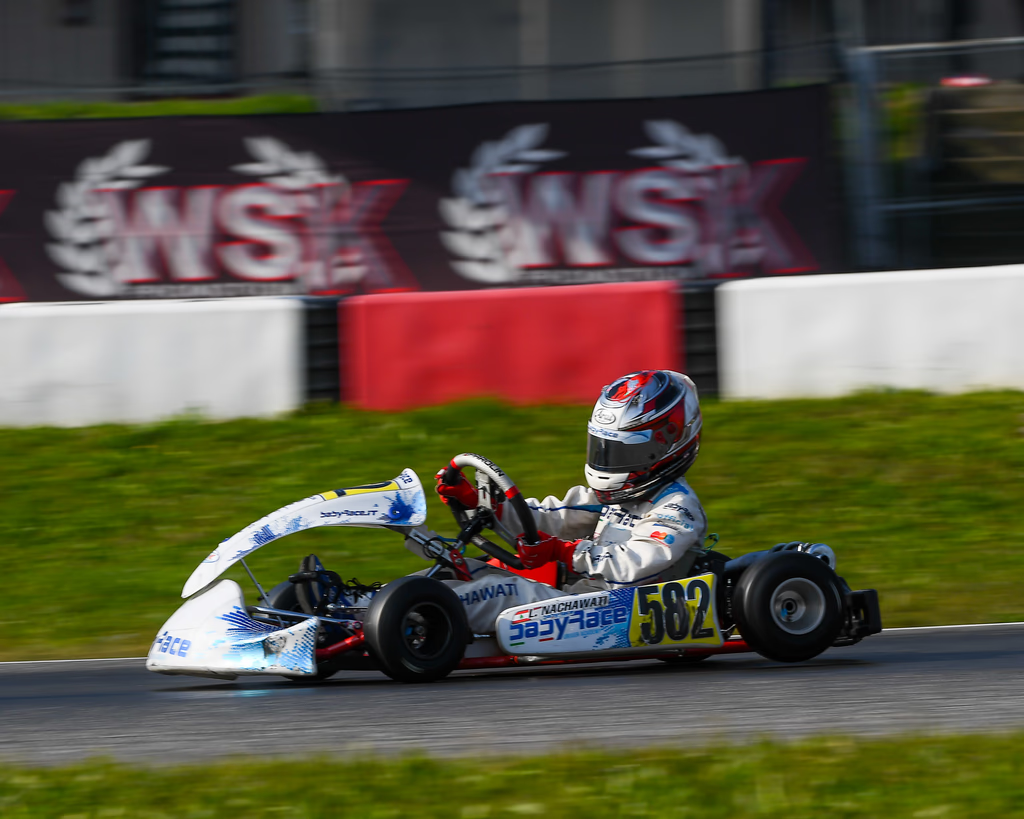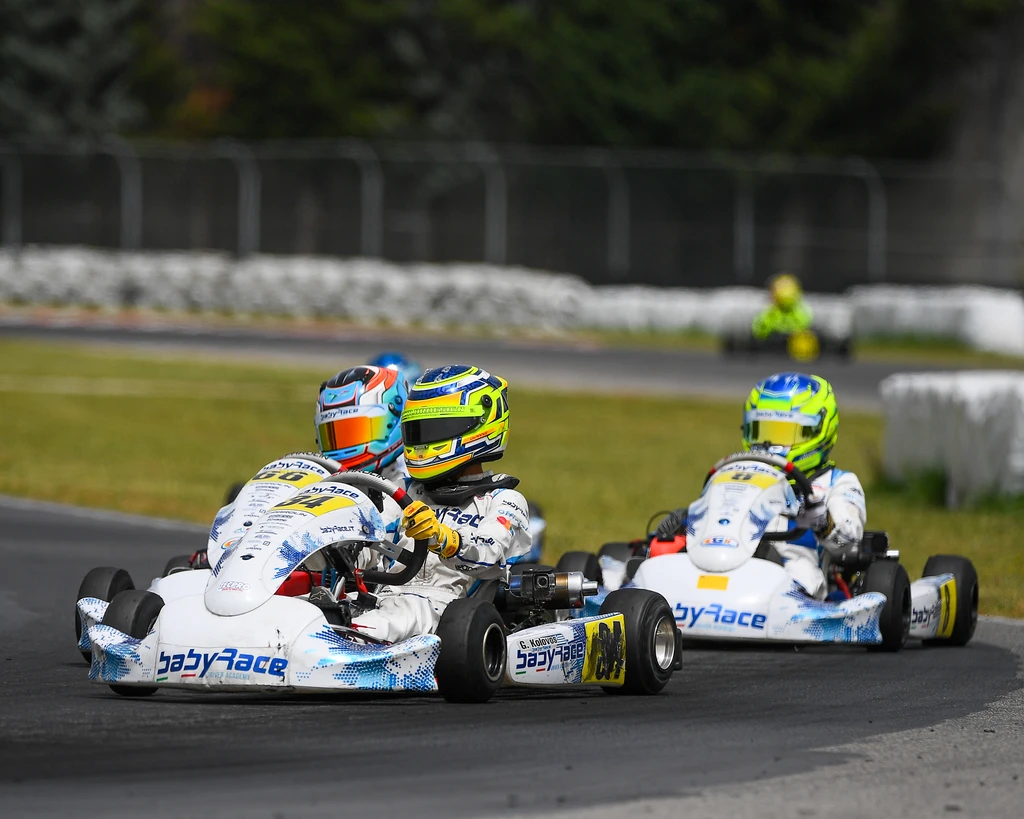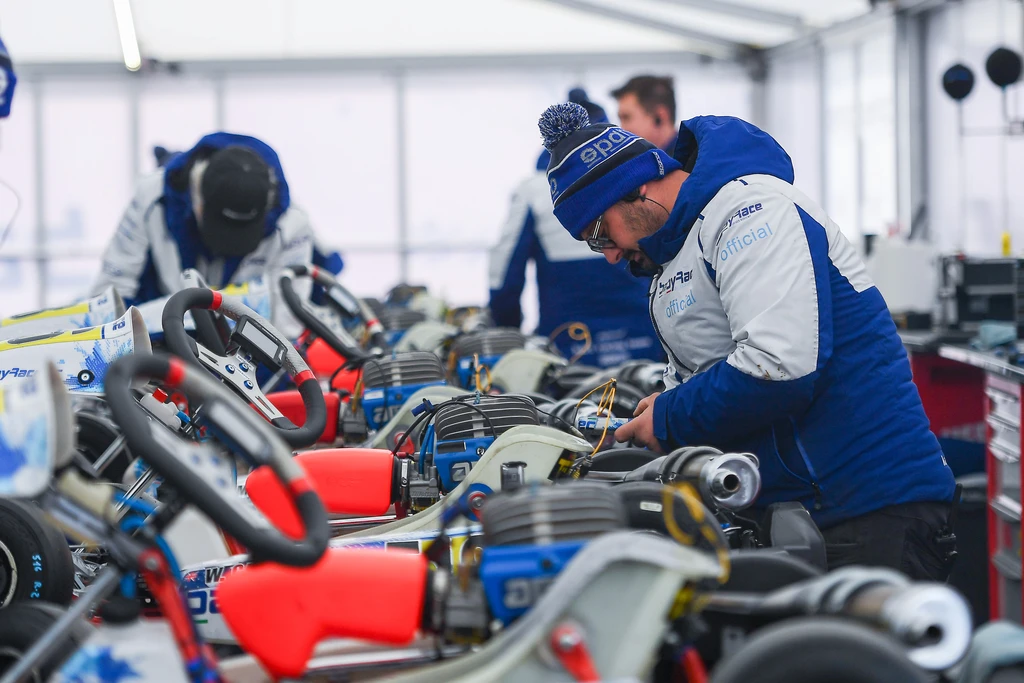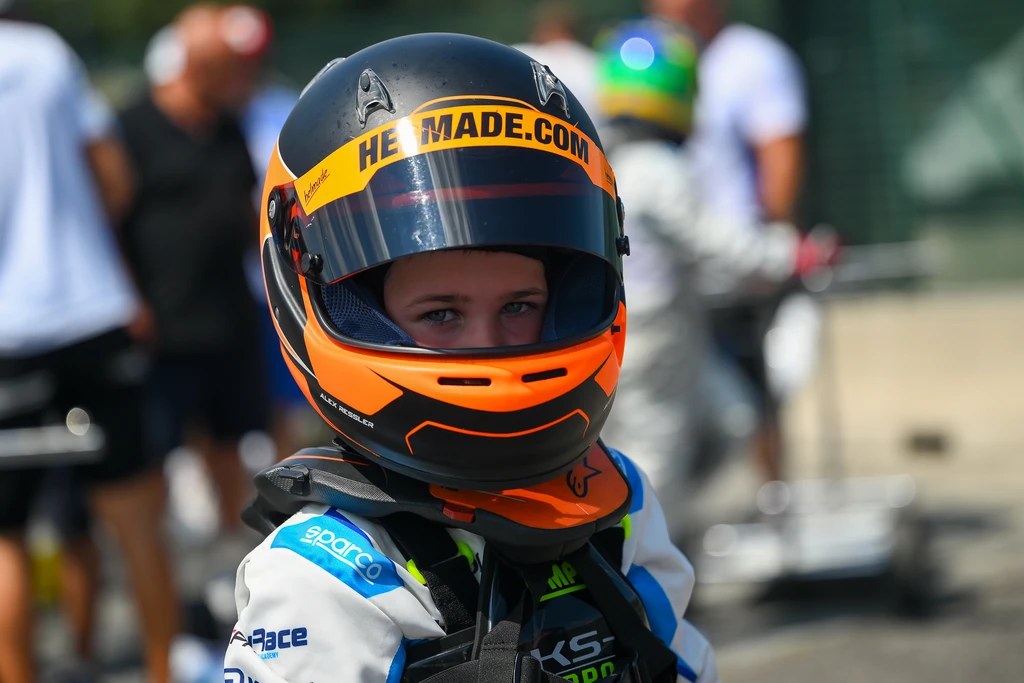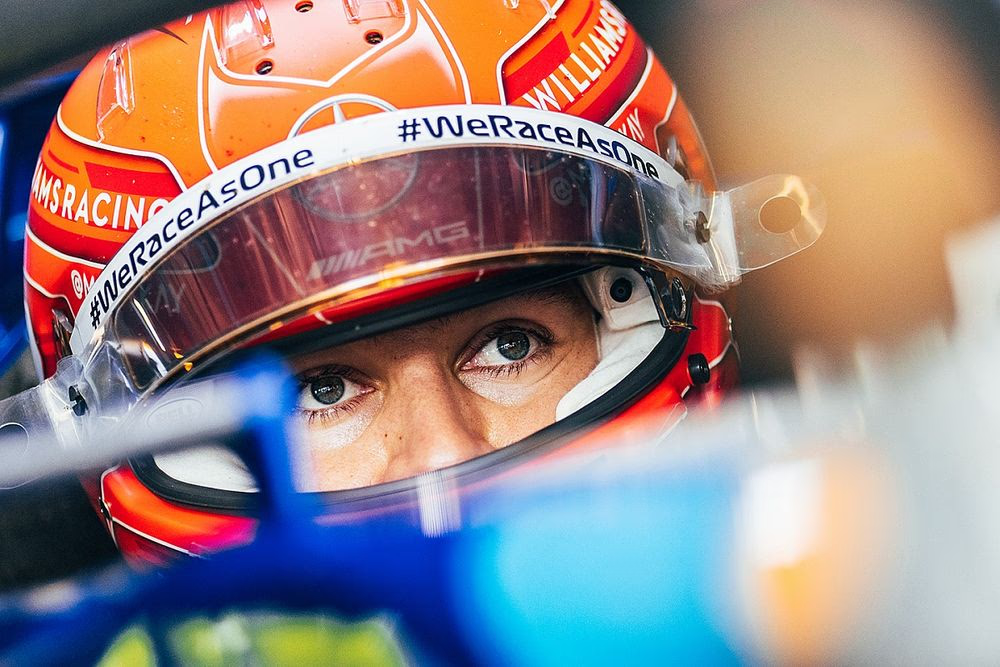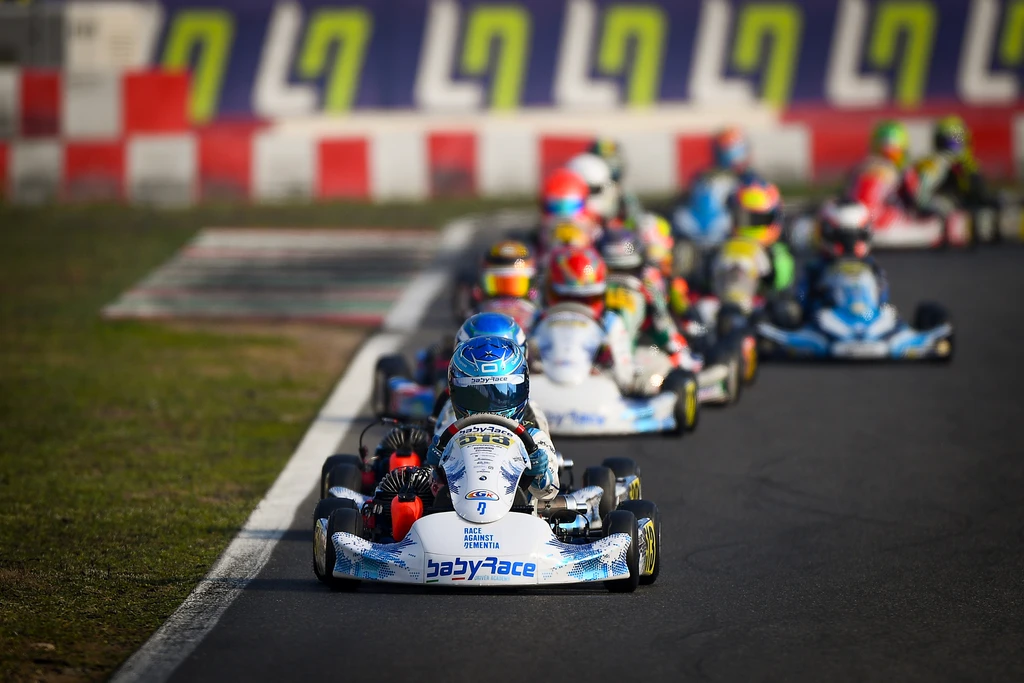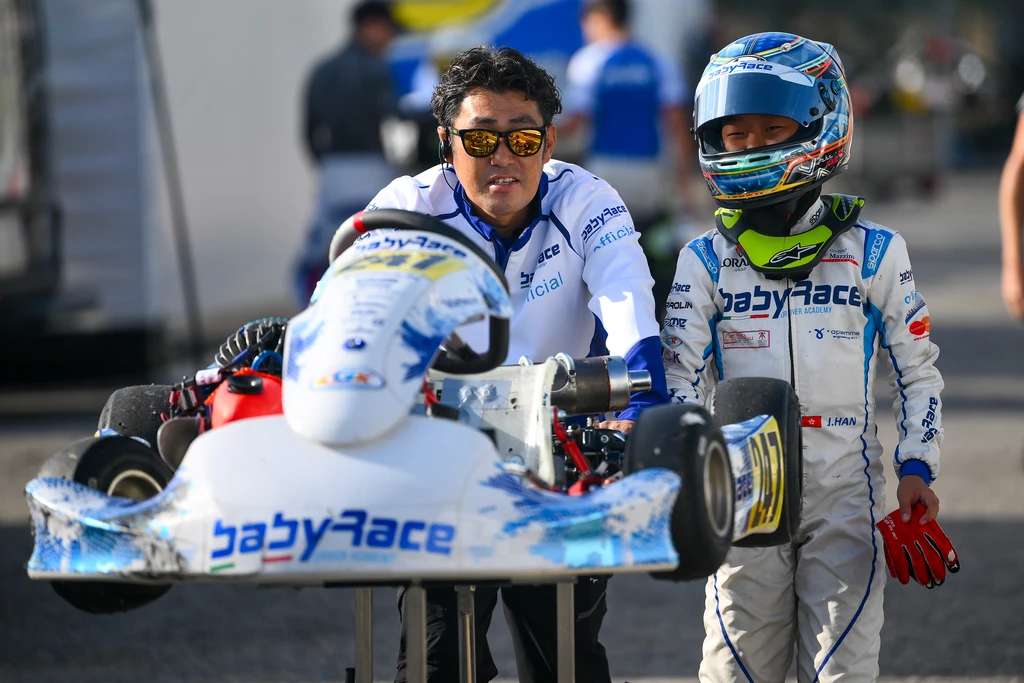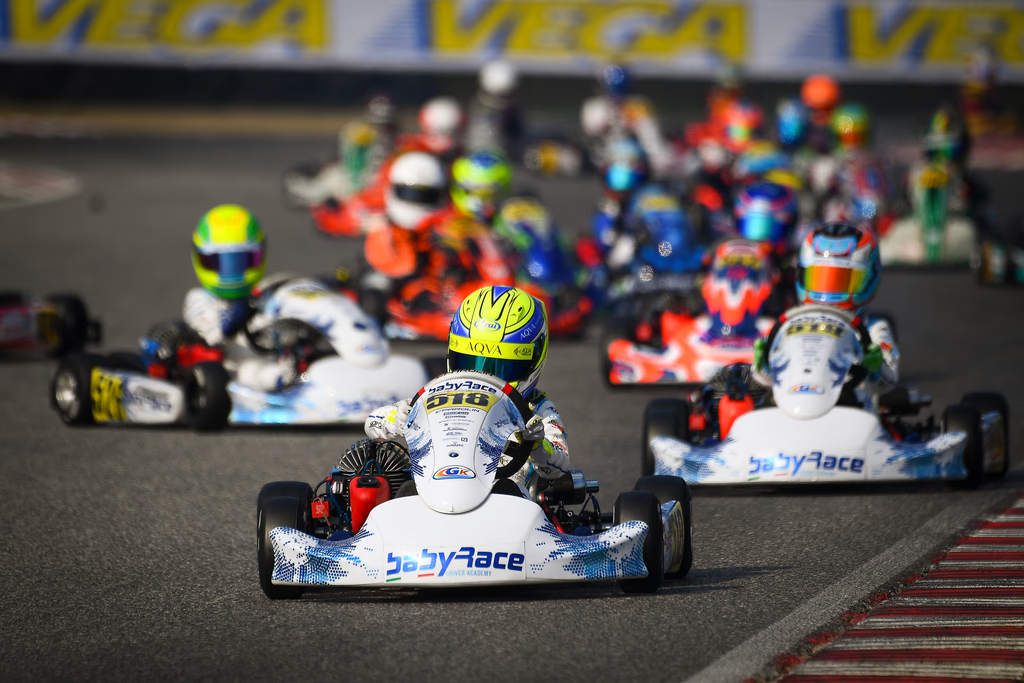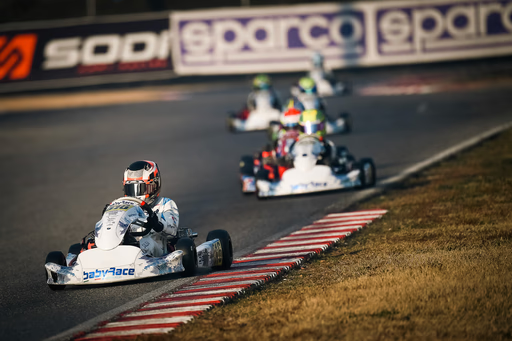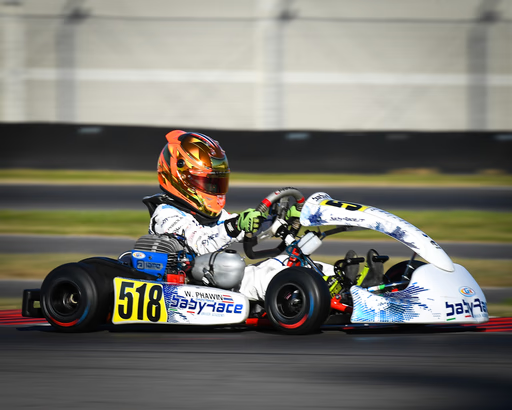Let’s be real, if you’re serious about improving your lap times and go on to win races, you can’t ignore telemetry.
It’s one of the most powerful tools you’ve got as a driver.
Forget opinions and guesswork.
When you look at your data, you get the truth. Cold. Precise. Unfiltered.
I’ve said this a bunch of times to the drivers I coach: “If you’re not analyzing your telemetry after every session, you’re leaving lots of lap time on the table.” Period.

Why Telemetry Matters So Much
We all want to go faster. Don’t we?
And sure, having talent a great kart package helps.
But understanding why you’re fast, or not, is what really takes you to the next level.
That’s where telemetry comes in.
You can look at everything:
- RPM
- Exhaust temps
- Split times
- G-forces
- Racing lines
- Brake and throttle traces (if you have sensors installed)
- Brake and pedal sensor
It helps you see where you’re being smooth, where you’re being aggressive, and where you’re simply not getting the most out of the kart.
It Cuts the Noise
You know how after a session, you’ve got your mechanic saying one thing, your coach saying another, and maybe even your dad jumping in with his take?
That’s all fine, but sometimes it’s just too much.
Telemetry cuts through all of that.
It shows you exactly what’s happening out on track.
You’re not guessing. You’re seeing the real numbers.
And once you compare that with a faster teammate or a previous session, it becomes super clear where you need to improve.
Start Simple, Then Go Deeper
If you’re just starting with data, don’t get overwhelmed.
Start by tracking:
- Your lap times and sector splits (consistency is key!)
- Your GPS lines (overlaying them with a teammate helps)
- RPMs and gear changes (for shifters)
Once you’re comfortable with those, move into more advanced stuff like braking pressure, throttle input, and steering angle — especially if you’ve got something like a MyChron 6 with all the good sensors added.
Use It Like the Pros Do
F1 teams don’t spend millions on live telemetry for fun. It works.
Of course, in karting, we don’t have that level of tech, nowhere near in fact, but what we do have is still insanely valuable.
It’s about being smarter, not just pushing harder.
At Senndit and BabyRace, we do data analysis every single weekend.
Why? Because it works. And will always work.
It helps our drivers get faster, avoid making the same mistakes twice, and improve their performance race after race.
Final Thoughts
So yeah, telemetry might seem boring at first, but once you start digging into it, you’ll realize it’s your ally to improve performance and grab victories.
If you’re serious about it, start learning how to use it now.
It’s like a new language you’ll have to learn.
The earlier you build this habit, the better you’ll get, and faster, too.
If you’ve got questions or want feedback on your own data, hit me up.
Just Senndit
— Alessio

